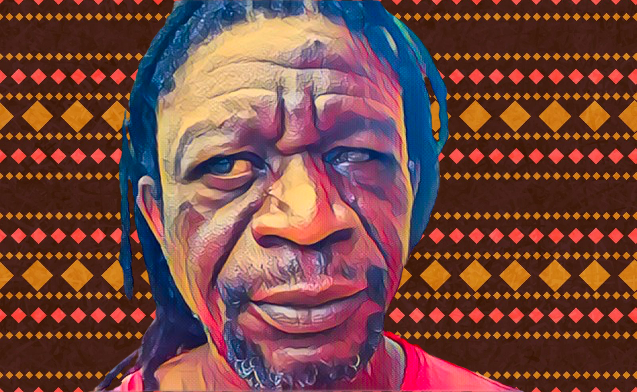In the heart of Chikangwe, a high-density suburb in Karoi, Zimbabwe, lives Donald Makumbirofa, a 54-year-old man whose life took a drastic turn in 2020 following a workplace accident. While working at a tobacco processing firm, Mashonaland Tobacco Company (MTC), Makumbirofa suffered severe injuries to his pelvis and spinal cord. This incident not only ended his ability to perform heavy work but also significantly impacted his marital life, as he expressed his deep sorrow over his inability to fulfill his conjugal duties to his wife of 30 years.
Makumbirofa’s situation worsened when his attempts to secure necessary medical treatment hit a wall. The National Social Security Authority (NSSA), alongside his former employer, became the focus of his struggle, as inconsistencies in handling his medical needs and financial benefits have left him desolate and contemplating extreme measures. His attempt to obtain payment for three critical injectable medications was thwarted by a NSSA officer, leaving him without the pain relief these medications promised.
As a vegetable vendor, Makumbirofa’s wife has become the sole breadwinner, further straining their financial situation. The medications required—Tramadol, Etodolac, and Diclofenac—though costing less than US$8 in total, are beyond his reach due to the NSSA’s refusal to assist. This refusal came despite his former employer’s assurance of having submitted all necessary documentation to the NSSA, including contributions that should entitle Makumbirofa to his benefits.
The predicament has pushed Makumbirofa to the brink, revealing the larger issue of compliance and oversight within Zimbabwe’s tobacco industry and the social security system. Investigations have indicated that the sector is prone to tax evasion and illicit financial flows, underscoring the need for more stringent regulatory oversight.
Mashonaland Tobacco Company, through its financial director, maintains its compliance with all of Zimbabwe’s legal and regulatory requirements, asserting its full cooperation with authorities including NSSA and the Zimbabwe Revenue Authority (Zimra). Similarly, NSSA emphasizes its commitment to social security as a fundamental human right, outlining its mechanisms to enforce compliance and combat fraud.
Despite these assurances, individuals like Makumbirofa find themselves caught in a bureaucratic maze, struggling to access the benefits designed to protect workers in times of need. His story sheds light on the challenges faced by many in securing their rightful benefits, highlighting the gaps in enforcement and the human cost of administrative inefficiencies.
Makumbirofa’s ordeal is a stark reminder of the real-life implications of policy and administrative actions. As he grapples with his health, financial instability, and the strain on his family, the need for a more compassionate, efficient, and responsive social security system becomes evident. His story is not just a personal tragedy but a call to action for improved oversight, empathy, and support for those who find themselves in similar dire circumstances.


